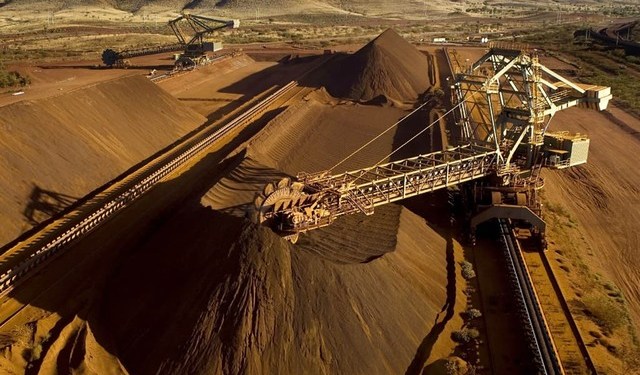“Sales are dull…” said the purchasing manager of a prominent tyre company in India who spoke on condition of anonymity. He said that demand for tyre from existing vehicles on the road will not be able to offset the said demand destruction created by weak sales in new vehicles.
By Rakesh Neelakandan
With high interest rates prevailing and vehicles getting costlier, India’s dream for wheels have come to a screeching halt with wide ranging ramifications for tyre demand and natural rubber futures. India’s passenger car sales for the month of January has come down by 12.44 per cent over the month, even as commercial vehicle sales dropped by 9.51 per cent. This is in the context of natural rubber futures on Japan’s Tokyo Commodity Exchange or TOCOM climbing for a second day as it chased a crude oil rally.
“Customers are still concerned about cost of ownership of passenger cars and the projections for commercial vehicles are also not good because of such reasons as the dip in freight movement by various industries,” Vishnu Mathur, Director-General, SIAM, told Business Line.
“The most significant negative development in the truck market has been the saddling of transport centres with huge inventory of over 2.5 lakh heavy trucks that are awaiting resale and the dip in resale rates for various categories by 30-40 per cent,” said Surjit Arora, auto analyst at Prabhudas Lilladher.
Needless to say, the truck industry is under crisis and it has implications for tyre demand.
“Sales are dull…” said the purchasing manager of a prominent tyre company in India who spoke on condition of anonymity. He said that demand for tyre from existing vehicles on the road will not be able to offset the said demand destruction created by weak sales in new vehicles.
“Ultimately it is a question of GDP growth. A slowdown is visible in each and every sector.” he said.
India’s GDP growth may record a figure anywhere between 5% and 6% this financial year.
Tyre companies, meanwhile has reduced their purchase of natural rubber, said a supplier of natural rubber to tyre companies. He did not mention exact volumes.
“The production of tyre companies have been affected.” he said, “ and they have scaled down on buying.”
Uptrend in TOCOM
Meanwhile, natural rubber futures on Japan’s Tokyo Commodity Exchange or TOCOM climbed for a second day as it chased a crude oil rally. Synthetic rubber, derived from crude oil and an alternative to natural rubber, has also become expensive to source as futures in crude oil, especially the WTI crude oil futures may be well on its way to touch the $100 mark.
This in turn has made demand for natural rubber to go up advancing futures.
“Rubber chased a rally in oil amid speculation the global economic recovery will boost demand for industrial commodities,” Kazuhiko Saito, an analyst at broker Fujitomi Co. in Tokyo, said to Bloomberg.
On the TOCOM natural rubber for delivery on July 2013 was seen trading at 331.6 yen, a loss of 0.17 yen as of 2.30 PM JST. In the forenoon session the futures had touched 333.6 yen a kilogram ($3,574 a metric ton).
Meanwhile, on India’s NMCE, natural rubber futures for delivery on March was seen trading at Rs.15880, a gain of Rs.5 from the intra-day opening of Rs.15875.
“Over all trend for natural rubber in NMCE March contract is looking bearish. It may witness some short covering in near term and traders are advised to follow sell on rise strategy. Support is seen at 15550 level while 16300 is the resistance in near term.” said Milan Shah, Research Analyst with Commodity Online.
Source: Commodity Online


























